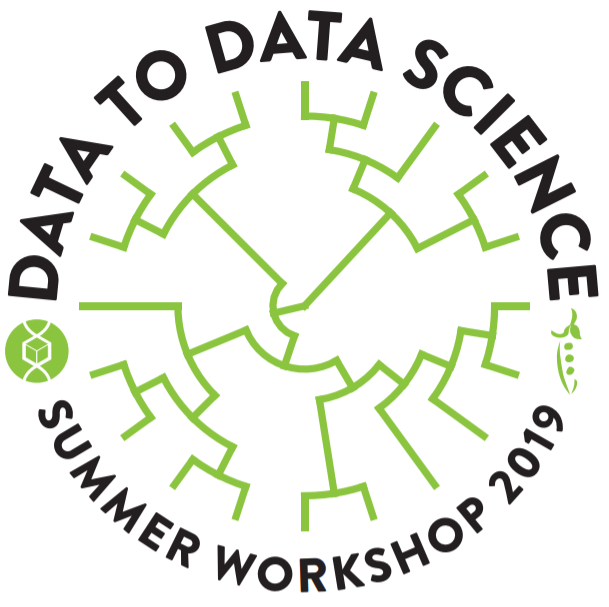
In this newsletter:
- Bryan Dewsbury and Amelia McNamara will be presenting at the 2019 QUBES/BioQUEST Summer Workshop!
- Active LENS Train-the-trainers Workshop, 2019 Edition
- Earth Educators’ Rendezvous
- Society for the Study of Evolution T.H. Huxley Award - Call for Applications
- Opportunity for early career colleagues: 2019 Undergraduate Biology Education Research Gordon Research Seminar (GRS) and Gordon Research Conference (GRC)
- Call for Abstracts for the Special Session on Bioinformatics Education - 2019 Great Lakes Bioinformatics Conference (GLBIO 2019)
- New to QUBES: What can you expect in 2019?
- ROW Recap: Browse the outstanding QUBES resources recently featured in the Resource of the Week (ROW)

Bryan Dewsbury and Amelia McNamara will be presenting at the 2019 QUBES/BioQUEST Summer Workshop!
The 2019 QUBES/BioQUEST Summer Workshop will be held on July 14-19, 2019 at the College of William & Mary in Williamsburg, VA. In this workshop we will explore how to build on the ways data is currently used in the classroom to incorporate the emerging field of data science. Look for applications to attend the summer workshop to open in early March. In the meantime, if you are interested in attending, please subscribe to receive updates.
The schedule includes a lineup of engaging speakers that will share exciting ideas and information with workshop participants throughout the week. Over the next few months, we’ll be featuring some of the workshop speakers in the QUBES newsletter. Learn about this month’s featured speakers, Bryan Dewsbury and Amelia McNamara, below. View a complete list of speakers.
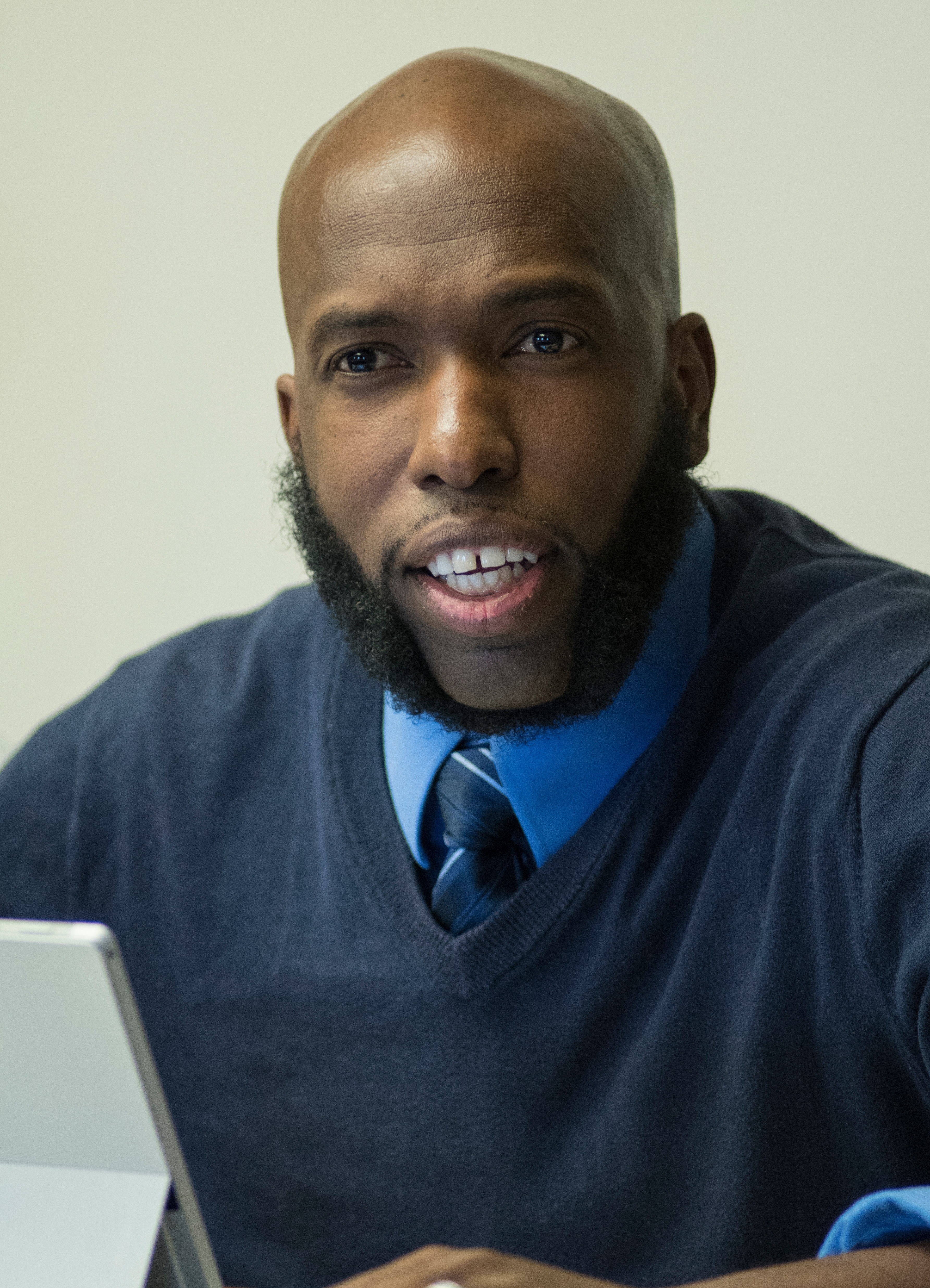
Bryan Dewsbury, University of Rhode Island
I am the Principal Investigator of the The SEAS (Science Education And Society) Research program which focuses on questions relating to identity constructs, bias, relationships, and the effects of those variables on learning in students (K-PhD). More specifically I am interested in how students (especially those in underrepresented groups) develop perceptions of the world and others, and how these perceptions might in turn affect their engagement with science content, career choices, and ultimately their academic performance. Central to the formation of these constructs are the presence of hidden biases, stereotype threat, and mindset. I use a variety of qualitative and quantitative methods to deduce the effects of these forces, and partner with local schools and URI to implement interventions that have proven to be effective. Ultimately I am interested in helping to re-frame the education discussion to better address questions of equity and community-building, with the belief that the solutions to these are equally important to student exposure to content. In the process, my work addresses pressing issues such as student retention in STEM fields (especially in higher ed), the under-representation of minority groups in certain STEM fields, and the role of affect domain in student learning gains. I also use the results of our efforts to develop curricula that are more inclusive of these new understandings of what makes students successful.
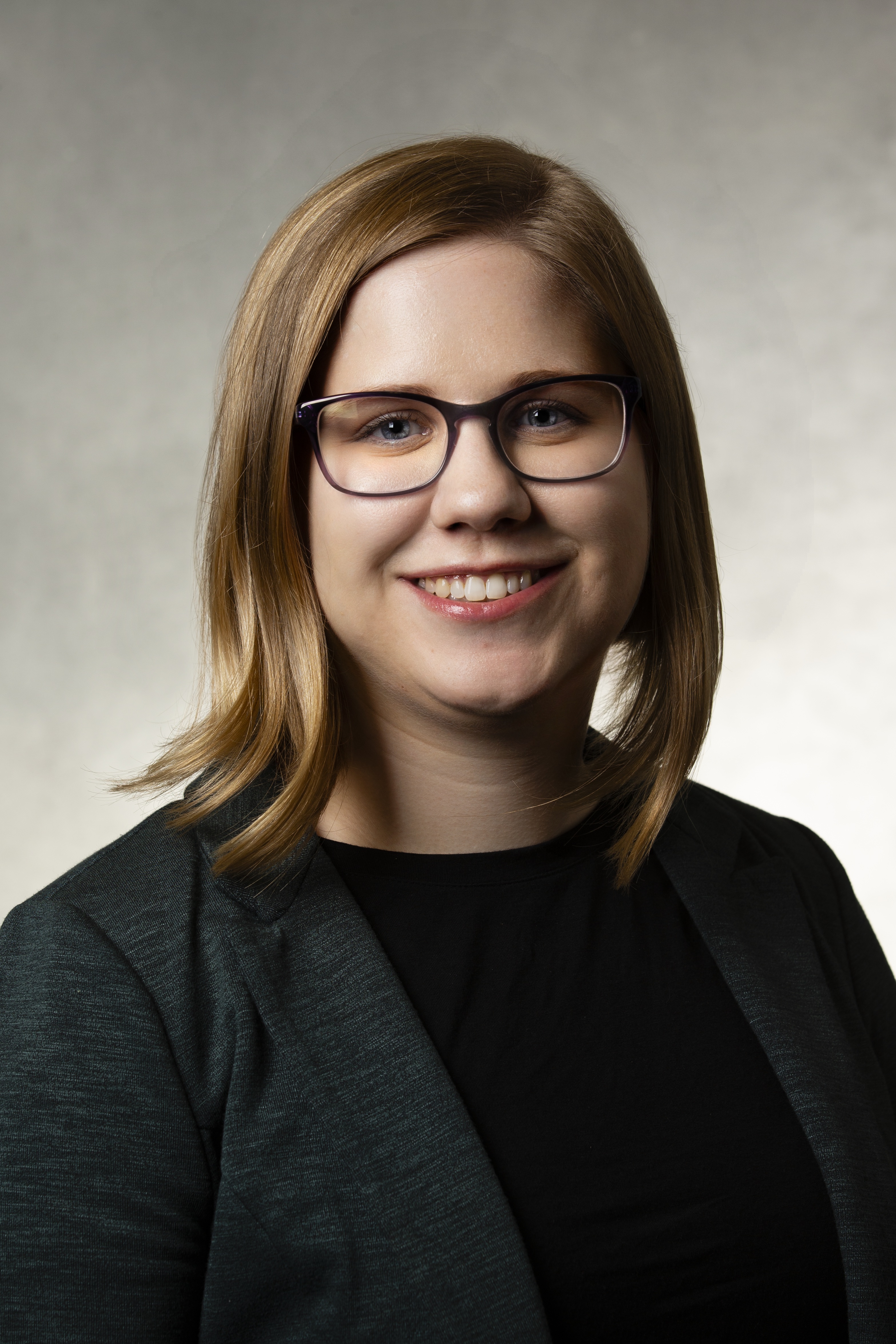
Amelia McNamara, University of St Thomas
Amelia McNamara has a BA in English and math from Macalester College, and a PhD in statistics from the University of California, Los Angeles (UCLA). Dr. McNamara is an assistant professor in the department of Computer & Information Sciences at the the University of St Thomas. Previously, she taught in the Program in Statistical and Data Sciences at Smith College. Her research interests include statistical computing, data visualization, statistics education, and reproducible research.
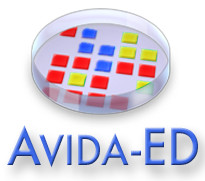
Active LENS Train-the-trainers Workshop, 2019 Edition
Avida-ED is a free, web-based program designed to teach both principles of evolution and the nature of science, based on the research platform Avida. Two Avida-ED workshops will be offered this summer: one at the University of Texas in Austin from June 12-14 and one at Michigan State University (in East Lansing) from August 7-9. Workshop participants will learn how to use this program, and incorporate it into courses that they teach. Past participants have predominantly been collegiate faculty members, though we've also had postdocs, grad students, high school teachers, and even one member of industry who teaches some core evolutionary biology in their organization. We will give priority to applications submitted as teams of two, though we are also accepting applications from single individuals. More information is available on the workshop site. The application deadline is March 3rd. Please note that the 2019 Avida-ED Active LENS workshops will be the final set offered under our current NSF grant, which is in its last year.
If you have any questions about this, please don't hesitate to contact Jim Smith (jimsmith@msu.edu) or Mike Wiser (mwiser@msu.edu).

Earth Educators’ Rendezvous
TENNESSEE STATE UNIVERSITY, NASHVILLE
JULY 15-19, 2019
The fifth annual Earth Educators' Rendezvous is designed to serve all who are interested in improving K-12, undergraduate, and graduate teaching about Earth. Learn new teaching approaches, connect with other Earth educators, and hear from experts in your field. You can also present and discuss your own findings and research in the contributed program. Events include interactive workshops, oral and poster sessions, plenary talks, teaching demonstrations, and working groups. Help build a collective capacity to use and conduct education research, and increase the overall impact on Earth education.
View the program, register, and get updates: https://serc.carleton.edu/earth_rendezvous/2019
Review Camp Applications Due: May 1
Early Bird Registration: May 1
DEADLINES:Abstracts Submission. March 3; Late Poster / Share-a-Thon Submissions: May 15
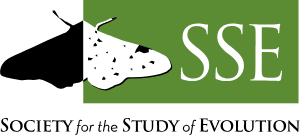
Society for the Study of Evolution T.H. Huxley Award - Call for Applications
The Society for the Study of Evolution (SSE) Education Committee is pleased to announce the T. H. Huxley award, named in honor of Darwin's very public supporter, which recognizes and promotes the development of high quality evolution education resources. If you have an interesting project or educational activity to share, consider applying for this award. Information on previous awards is available here: http://bit.ly/2kP2pPM. Graduate students and postdoctoral fellows are encouraged to apply. This award provides funding for an SSE member to present evolution education resources at the National Association of Biology Teachers (http://nabt.org/) annual conference. This year’s NABT conference will be held Nov. 14-17, 2019 in Chicago, IL. The deadline for applying for the Huxley award is March 24, 2019. Apply here: https://bit.ly/2RzKnyh.
Questions? Contact Phil Gibson (jpgibson “at” ou.edu) or Gaby Hamerlinck (ghamerlinck “at” ufl.edu).
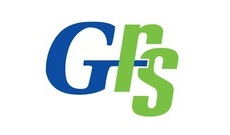 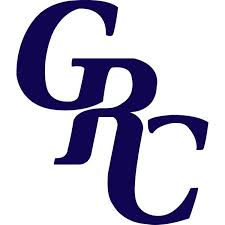
Opportunity for early career colleagues: 2019 Undergraduate Biology Education Research Gordon Research Seminar (GRS) and Gordon Research Conference (GRC)
We invite applications for the 2019 Undergraduate Biology Education Research Gordon Research Seminar (GRS) and Gordon Research Conference (GRC)! We are specifically recruiting graduate students and post-docs who are either: (1) actively engaged in biology education research, (2) considering a career transition into biology education research, or (3) current or future undergraduate biology educators who want to learn more about biology education research. We encourage you to apply by March 1st, 2019. Click here to learn more.

Call for Abstracts for the Special Session on Bioinformatics Education
2019 Great Lakes Bioinformatics Conference (GLBIO 2019)
May 19-22, 2019
Madison, WI
The Great Lakes Bioinformatics Conference (GLBIO) has a long tradition of hosting talks, outreach activities, and interactive workshops in bioinformatics education drawing on a vibrant community of educators from the Great Lakes region and beyond. This year, the program will for the first time devote a special session specifically to bioinformatics education, including both invited and contributed talks, poster presentations, and a panel discussion intended to cover a wide spectrum of current topics in bioinformatics education.
We are soliciting short papers (abstracts) in all areas of bioinformatics education. Click here to learn more.

New to QUBES: What can you expect in 2019?
Get a preview of what we have in the works for QUBES users in 2019 below and subscribe to the newsletter to stay up to date on all changes to QUBES.
-
An improved, interactive experience with QUBES resources. We are currently reimagining the look and feel of the full resource record for open education resources to make it easier to use and interact with QUBES resources.
-
Easier to launch computational tools. We are working on improving the integration of QUBES computational resources with open education resources. Our goals is to provide a seamless experience in which you can launch the computational tools needed to implement an activity or module without leaving the full resource record.
We also have a few features that are new or in development that might be of specific interest to QUBES Partners, especially those who manage a QUBES group for their project:
-
An integrated forms tool for conference registration and more. We are actively working on the development of a QUBES-integrated and customizable forms tool that can be used for conference and membership registration.
-
New Partner newsletter capabilities. New in 2019 is the ability for QUBES Partners to use the QUBES platform to create and distribute their project-specific newsletter. As an example, see the December 2018 NIBLSE newsletter, which was the first Partner newsletter created and shared on QUBES. If you are interested in using the QUBES newsletter function to reach members of your project’s community, please contact Drew LaMar at mdlama@wm.edu.
-
An easier way to display resources on Partner pages. We’ve developed a new Macro that can be used to display QUBES resources created by your project as a grid of “cards” on your partner pages (see the NEON Education Resources page as an example). The Macro can be used to display select resources or all resources created by your group. It can also be used to include a sponsor tag on the “card” and specify the order in which resources are displayed. See the Resource Card Knowledge Base Article for detailed instructions on using the resource card Macro.
Partners, if you are interested in learning more about these features or would like to participate in the development and piloting of these features, please feel free to contact Elia Crisucci at emc22@pitt.edu or post your questions/comments in the QUBES Support Community for Partner Projects forum.

ROW Recap
Each week we feature an outstanding educational resource that is freely available on QUBES. All resources featured in the Resource of the Week (ROW) have been plucked from the large and growing collection of open education resources (OER) that are freely available on QUBES. Most resources have open licenses, allowing you to easily find, use, and adapt the materials. Each ROW includes a brief description of the education resource along with related materials and opportunities that might be of interest to faculty.
In this ROW Recap, we’ve rounded up the last 2 resources featured in the ROW since our last newsletter. Browse the titles below and click on the images to visit the resource featured in the ROW.
Subscribe to the ROW. You do not need a QUBES account to subscribe!
Browse all past ROWs.
Browse the entire OER Collection.
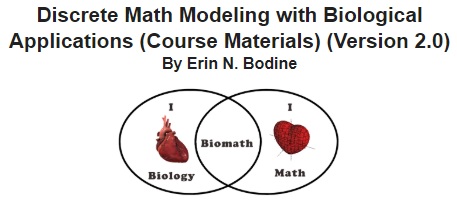
This resource contains course materials for a Math Modeling with Biological Applications course in which students learn how to use discrete mathematical models to analyze problems arising in the biological sciences, without using calculus.
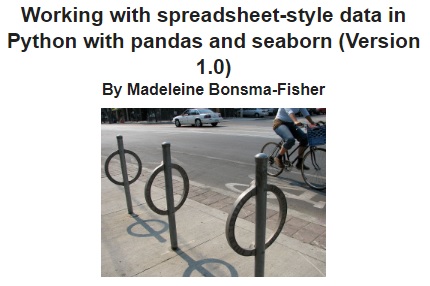
This resource consists of a 4-hour participatory live-coding workshop that takes learners through the basics of programming in Python via the Jupyter Lab interface and culminates with exploration and visualization of real-world bicycle count data from the City of Toronto.
|